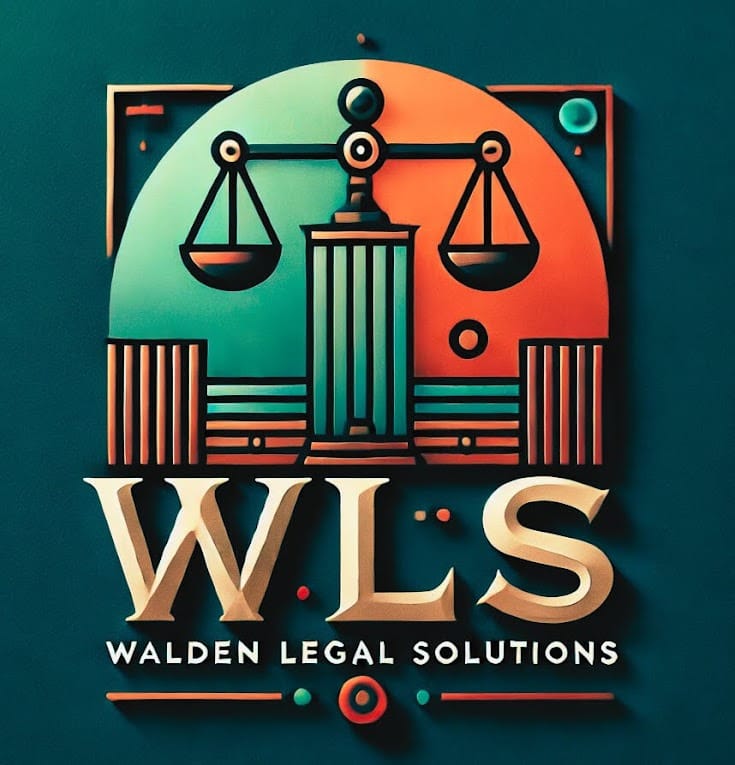Everything You Need to Know About Your 341 Meeting
What Is a 341 Meeting of Creditors?
A 341 Meeting of Creditors is a required step in the bankruptcy process. It’s an official hearing where you, the debtor, answer questions under oath about your financial situation. The meeting is led by the Bankruptcy Trustee assigned to your case. Creditors are allowed to attend, but this is rare and usually limited to business creditors.
The purpose of this meeting is to verify the information in your bankruptcy documents and ensure everything is accurate. It’s not as intimidating as it sounds, and your Kansas City bankruptcy attorney will prepare you every step of the way.
How Does the 341 Meeting Work?
After your bankruptcy case is filed, your 341 Meeting will be scheduled about four weeks later. As of June 2024, these meetings are conducted via Zoom. Here’s what to expect:
- Multiple Cases: Several cases may be called during the same session, so you will wait until your case is called.
- Oath: When your case is called, you’ll be placed under oath and asked to affirm that your testimony will be truthful.
- Questions: The Trustee will ask standard questions about your bankruptcy documents, assets, debts, and financial history.
The meeting is usually quick, lasting about 10–15 minutes.
How to Prepare for Your 341 Meeting
Preparation is key to making your 341 Meeting smooth and stress-free. Here’s how you can get ready:
Test Zoom in Advance:
- Download the Zoom app or access it via the website.
- Test your camera, microphone, and internet connection at least one day before your meeting using Zoom’s test link.
Gather Required Documents:
- A valid photo ID (e.g., driver’s license).
- Your Social Security card.
- Copies of your bankruptcy schedules and financial documents.
Create the Right Setting:
- Join the meeting from a quiet, distraction-free location.
- Position your device so you can be clearly seen on camera.
- Mute your microphone until your case is called.
Know the Questions You’ll Be Asked:
For both Chapter 7 Bankruptcy and Chapter 13 Bankruptcy cases filed in Kansas City, the Bankruptcy Trustee will then proceed with a series of typical questions:
- State your name for the record. Is your current address the same as when you filed your case?
- Did you sign the petition, schedules, statements, and related documents, and is the signature your own? Did you read the petition, schedules, statements, and related documents before you signed them?
- Are you personally familiar with the information contained in the petition, schedules, statements, and related documents? To the best of your knowledge, is the information contained in the petition, schedules, statements, and related documents true and correct? Are there any errors or omissions to bring to my attention at this time?
- Are all of your assets identified on the schedules? Have you listed all of your creditors on the schedules?
- Have you previously filed for bankruptcy? (Provide the Trustee with a case number and the discharge information to determine discharge eligibility in this case)
- What is the address of your current employer?
- Is the copy of the tax return you provided a true copy of the most recent tax return you filed?
- Do you have a domestic support obligation (child support/alimony)? To whom? Please provide the claimant’s address and telephone number, but do not state it on the record. Are you current on your post-petition domestic support obligations?
- Did you read the Bankruptcy Information Sheet provided by the United States Trustee?
After these standard questions have been asked, the Bankruptcy Trustee may then ask any additional questions he may have, either regarding the testimony that you gave and/or information that was provided in your bankruptcy file. He may also ask for further documentation.
Be Professional:
- Dress appropriately, as if you were attending an in-person hearing.
- Speak clearly and respectfully when answering questions.
What Happens During the Meeting?
When your case is called, unmute your microphone and confirm your presence. The Trustee will:
- Verify your identity using your photo ID and Social Security card.
- Ask you to take an oath to tell the truth.
- Proceed with standard questions about your bankruptcy case.
If needed, the Trustee may ask follow-up questions or request additional documentation. Once the Trustee has completed their review, the meeting will be formally concluded.
What to Avoid During the 341 Meeting:
- Do not record the meeting.
- Avoid disclosing personal information like your Social Security number aloud.
- Do not communicate with anyone else (electronically or in person) during your testimony.
While You Are Sworn In And Testifying:
(1) the debtor should be alone unless the debtor is appearing from the same location with their attorney, employees of their attorney, or a co-debtor;
(2) the debtor should have readily available a copy of the filed schedules and statement of financial affairs, and any other documents previously requested by and provided to the Trustee; (3) the debtor should have their original Identification Documents (Driver’s License and Social Security Card) and
(4) the debtor should not communicate with any person regarding the subject of their testimony, by electronic means or otherwise.
(5) You should avoid disclosing personally identifiable information (PII) during the 341 Meeting.
(6) You are NOT allowed to make an audio or video recording of the 341 Meeting.
After the Trustee determines that the business of the 341 Meeting has been completed, the Trustee will formally conclude the Meeting, and you may leave the Meeting by disconnecting from the Zoom platform.
Failure to follow the Trustee’s virtual 341 Meeting protocols may result in the Trustee’s adjournment and continuance of the 341 Meeting.
Key Takeaways:
- The 341 Meeting is your opportunity to provide truthful testimony about your bankruptcy case.
- Preparation is essential—test Zoom, gather your documents, and know the questions you’ll be asked.
- Your Kansas City bankruptcy attorneys will guide you through the process to ensure you’re fully prepared.
Need Help Preparing?
If you’re feeling unsure about your 341 Meeting, don’t worry—Walden Legal Solutions is here to help. We’ll make sure you’re confident and ready to navigate your bankruptcy hearing.
Conclusion:
Your 341 Meeting of Creditors is an important step in the bankruptcy process, but with the right preparation, it’s nothing to fear. If you have questions or need additional support, contact Walden Legal Solutions online today.
Connect with us online for a stress-free legal experience!



